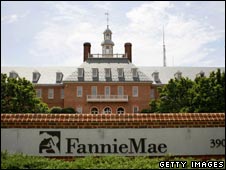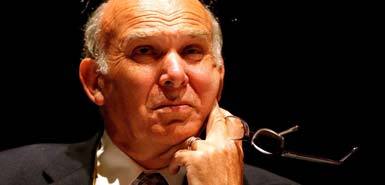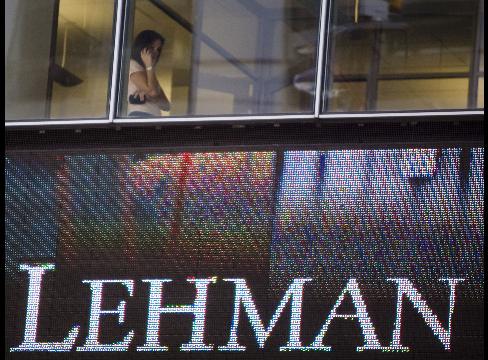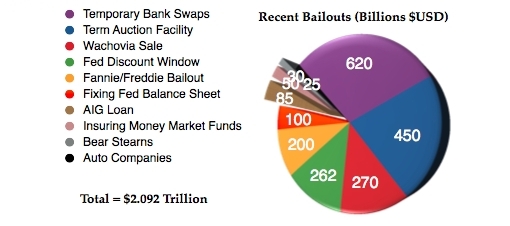Freddie Mac, the US mortgage giant, yesterday admitted that it is so overwhelmed by its liabilities that without government backing, it would no longer be a viable business. The company said that it had lost $13.7 billion (£9.2 billion) in the third quarter of the year and begged for $13.8 billion from the US Treasury in rescue funds.
The plea for the multibillion-dollar cash injection came just days after Fannie Mae reported a record $29 billion loss for the period and gave warning that it was haemorrhaging cash so rapidly, it might need federal funds by the end of the year to survive.
The US Treasury has been overwhelmed by requests for federal aid in the past few weeks. In addition to setting up a $700 billion bailout fund to take equity stakes in troubled banks, the Treasury is being pressed by the car industry for a cash bailout. Yesterday, Neel Kashkari, the Assistant Treasury Secretary, said that he was under pressure to consider ways of using the $700 billion bailout to stem a surge in foreclosures across the US.
The Freddie Mac request for funds would see the drawing down of part of the $100 billion in emergency reserves that were committed by the Treasury in September.








